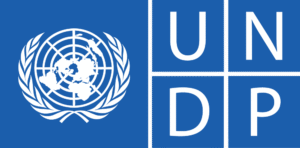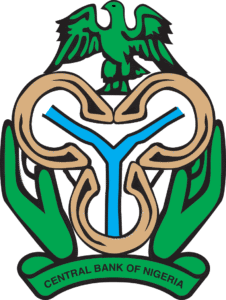Agriculture
Smarter Systems for a More Resilient Agricultural Sector
Unlocking Agricultural Potential with Intermarc Consulting
Agriculture remains the backbone of many African economies, yet the sector struggles with outdated systems, fragmented value chains, and limited access to finance, technology, and markets. Intermarc works with governments, agribusinesses, and development partners to modernize agriculture through data-driven strategies, digital tools, and inclusive policy frameworks. From smallholder support to agritech advisory, we help build a more productive, sustainable, and equitable agricultural ecosystem.
Our Core Consulting Areas in Agriculture
Agricultural Value Chain Development
We support stakeholders in mapping, analyzing, and strengthening value chains from input supply to market linkages to boost productivity and income for farmers.
Access to Finance & Market Strategies
We advise on deploying technology platforms for farm advisory, weather alerts, pest control, and remote training reaching farmers at scale.
Farmer Data & Registration Systems
We guide the design of national or state-level farmer databases to enable better service delivery, targeting, and policy planning.
Access to Finance & Market Strategies
We help ministries, agencies, and implementing partners create policies, strategic plans, and coordination structures that drive agricultural transformation.
Policy, Strategy & Institutional Strengthening
We help ministries, agencies, and implementing partners create policies, strategic plans, and coordination structures that drive agricultural transformation.
Why Agricultural Stakeholders Work with Intermarc
Value Chain-Centered Approach
We understand agriculture is more than farming. Our work addresses the full value chain—from inputs and production to processing, logistics, and market access.
Digital Agriculture Expertise
We help institutions adopt digital tools for farmer registration, extension services, supply chain management, and data collection—built to function even in low-connectivity areas.
Farmer Inclusion & Access
We design programs that ensure smallholder farmers, women, and youth can access credit, training, and markets—focusing on equity, not just efficiency.
Policy Alignment & Partnership
Our strategies align with national agriculture transformation plans and create pathways for collaboration between government, private sector, and development actors.
Let’s Grow the Future of Agriculture Together
From smallholder programs to donor-funded agritech pilots and government transformation initiatives, Intermarc brings the insight, structure, and local experience to move agriculture forward.
Need support designing an inclusive agri-program, deploying tech for farmers, or strengthening your agricultural strategy? Let’s talk.






Hear Directly
From Our Experts
Financial Planing FAQ’s
Common questions on financial planning and investing
What should a financial plan include?
A solid financial plan ought to cover a thorough look at your personal goals and aspirations, alongside an evaluation of your investment holdings. It should map out your expected income and expenses both before and after retirement, weigh the pros and cons of different retirement and investment account options, and outline strategies for retirement preparation, tax efficiency, charitable contributions, and safeguarding your assets through insurance.
On top of that, it should offer clear, actionable advice and steps to turn your goals into reality. To guide you toward the best decisions, a good plan will also lay out a variety of potential scenarios—plus some alternative ones—for you to consider.
Can you help me plan for retirement?
Retirement age varies widely from person to person. The big question is whether you’ve got enough saved up to support the lifestyle you’re aiming for, especially since retirement could stretch on for 30 years or longer. Your income during those years will likely come from a mix of sources: retirement accounts and savings, a pension if you have one, brokerage accounts, Social Security payments, annuity income if you’ve set that up, and any other investments you’ve built over time.
What is your investment philosophy?
We base our investment approach on evidence and decades of market history, not guesswork about the future. Research shows market timing doesn’t work. Instead, we focus on what you can control: risk, asset allocation, costs, and taxes. Emotional decisions often hurt long-term returns, so we aim to avoid those pitfalls.
Diversification lowers risk—not just by holding many assets, but by mixing company sizes, sectors, and balancing stocks and bonds. Risk can’t be erased, but it can be managed.
We keep expenses low with cost-effective mutual funds and ETFs, since high fees can erode even a well-diversified portfolio’s gains.
Taxes matter too. While unavoidable, they can be minimized with a smart, tax-aware strategy.
Will I have a dedicated advisor?
Absolutely, you’ll have your own personal advisor. At Execor, we’re all about building a strong, one-on-one connection between you and your advisor. We know everyone’s financial path is different, so we pair every client with a dedicated advisor who’s focused on getting to know you and helping you reach your unique financial goals.
